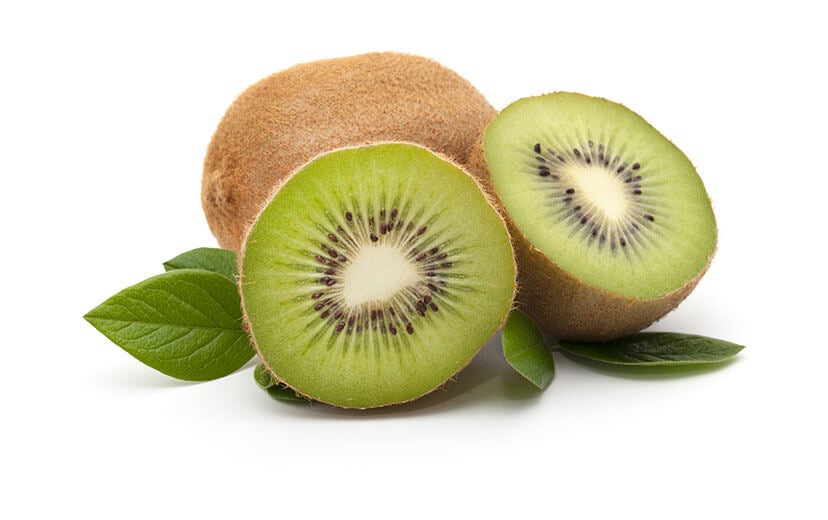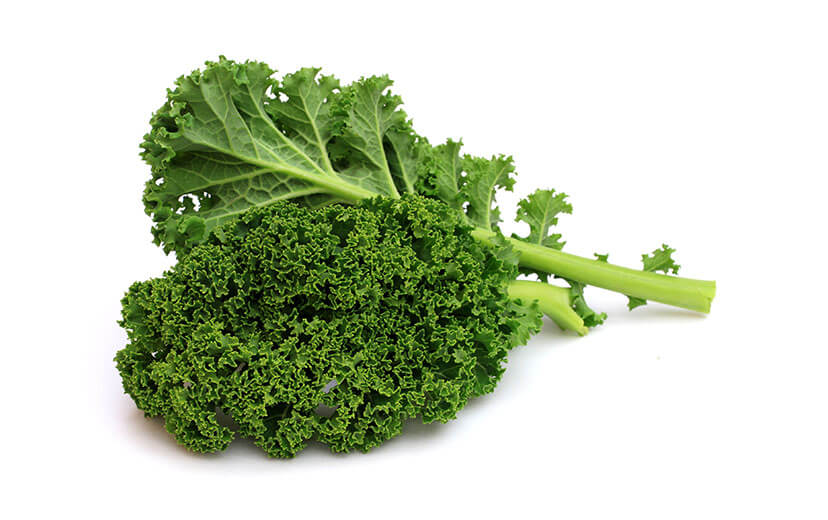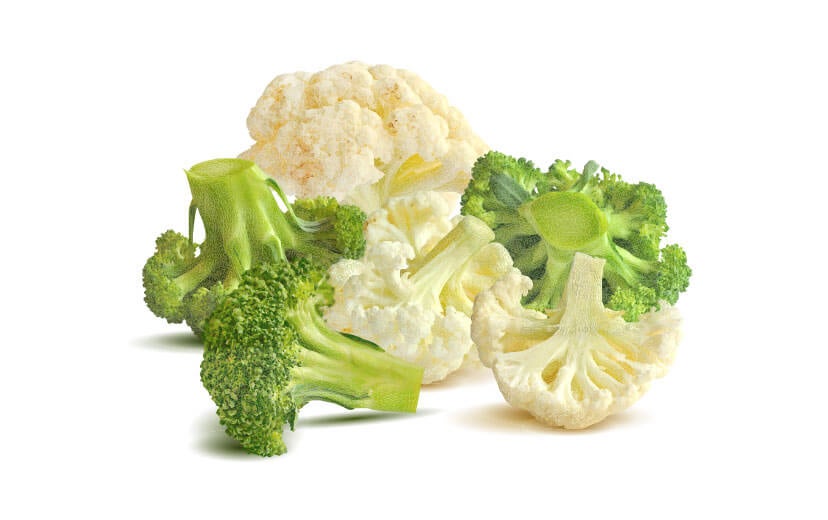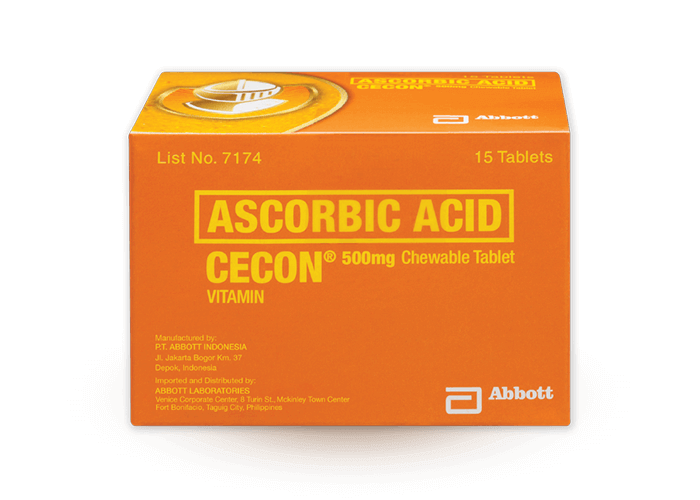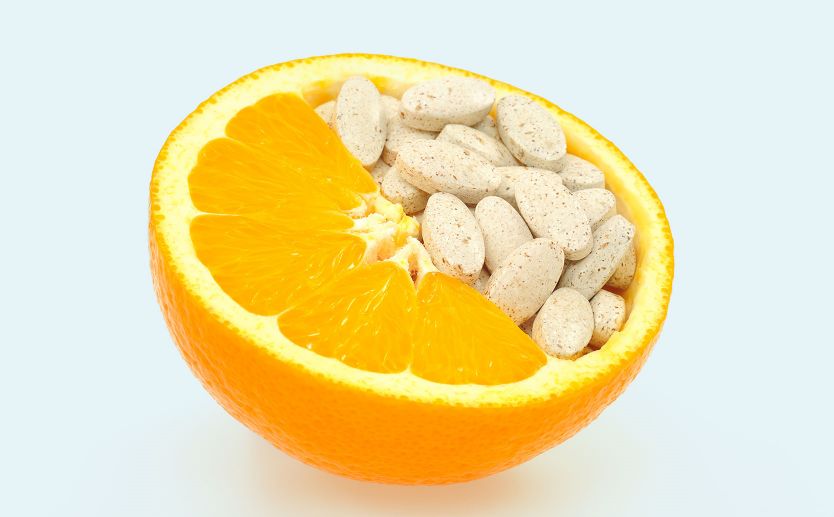
Vitamin C, also known as ascorbate or ascorbic acid cannot be synthesized in our body.1 Therefore, it is necessary to consume it in adequate quantity for maintaining body functions.1 Vitamin C is required for wound healing, bone formation, increasing immunity, fighting infections and preventing cancer.1 It also helps in protecting the heart and cells of the body from any damage.2
Here are some natural sources of vitamin C to keep you in the best of health.
But…Are food sources enough?
Modern farming practices use a number of chemicals to produce, store and transport the crops. This leads to a decrease in food quality with a considerable loss of micronutrients.
Therefore, in order to achieve optimal health and avoid a number of diseases, vitamin C supplementation is required.1 Numerous studies have demonstrated enhanced defense against various illnesses and improved overall health with vitamin C supplements like Ascorbic Acid (Cecon).1
Is it safe to take supplements?
Vitamin C has an excellent safety profile as it is water-soluble. So, if you consume more vitamin C than your body needs, it is excreted through urine. It is not stored in the body and therefore over dosage of vitamin C is extremely rare.3 A daily consumption of up to 2000 mg vitamin C is safe for most adults.4 Experts suggest taking a 500 mg daily supplementation of vitamin C daily to reap its beneficial effects.2
The key take away
In order to ensure optimal health, it is necessary to take vitamin C supplements and a diet rich in fruits and vegetables.1
If symptoms persist, consult your doctor.
References
1. Deruelle F, Baron B. Vitamin C: is supplementation necessary for optimal health?. J Altern Complement Med. 2008;14(10):1291-1298. doi:10.1089/acm.2008.0165
2. https://panlasangpinoy.com/the-best-sources-of-vitamin-c-in-foods/
3. Cerullo G et al. (2020) The Long History of Vitamin C: From Prevention of the Common Cold to Potential Aid in the Treatment of COVID-19. Front. Immunol. 11:574029.
4. John N Hathcock et al. Vitamins E and C are safe across a broad range of intakes, The American Journal of Clinical Nutrition, Volume 81, Issue 4, April 2005, Pages 736–745
5. Schlueter and Johnston. Vitamin C: Overview and Update. Journal of Evidence-Based Complementary & Alternative Medicine 16(1) 49-57



